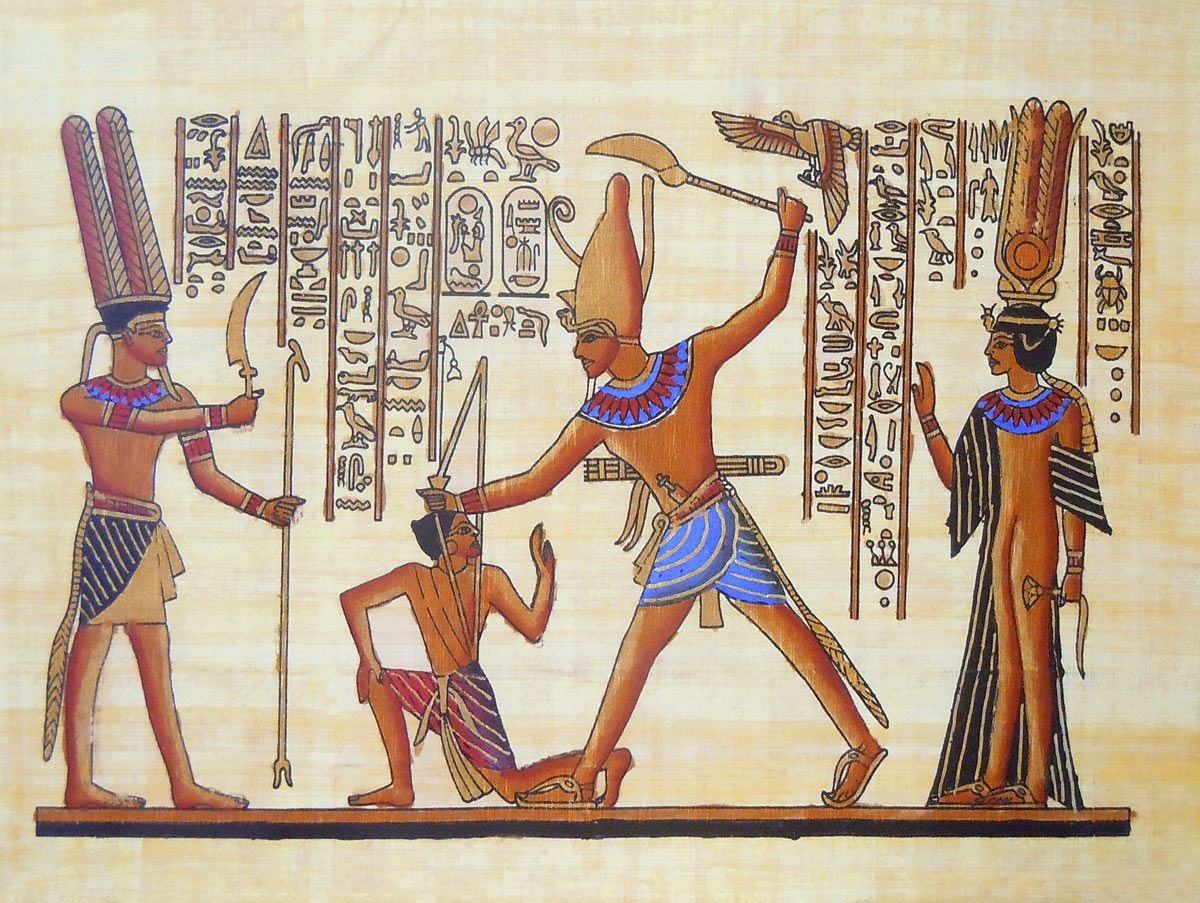The Crime and Punishment Types in Ancient Egypt
In ancient Egypt, crimes ranged from petty theft to murder, with punishments varying accordingly. The legal system of ancient Egypt was based on the principle of Ma’at, a concept that encompassed truth, justice, and order. Punishment was a way to restore balance to society and deter future wrongdoing. For minor crimes, such as theft or vandalism, the punishment was typically a fine or forced labor. In cases where the perpetrator could not pay the fine, they worked on public projects such as building or maintaining roads and temples.
Serious crimes such as murder, treason, or grave robbery were punishable by death. However, instead of capital punishment, the ancient Egyptians preferred to execute criminals through methods of torture such as impalement, burning, or dismemberment. This type of punishment was there for those who committed heinous crimes. In some cases, the punishment extended beyond the criminal themselves and also affected their family members.
In conclusion
the crime and punishment system of ancient Egypt may seem harsh by modern standards. But it was a necessary system to maintain order and preserve the social structure of the society. The severity of the punishment was there to serve as a warning to others who might consider committing the same crime, emphasizing the importance of Ma’at and maintaining balance in ancient Egyptian society.





Comment (0)